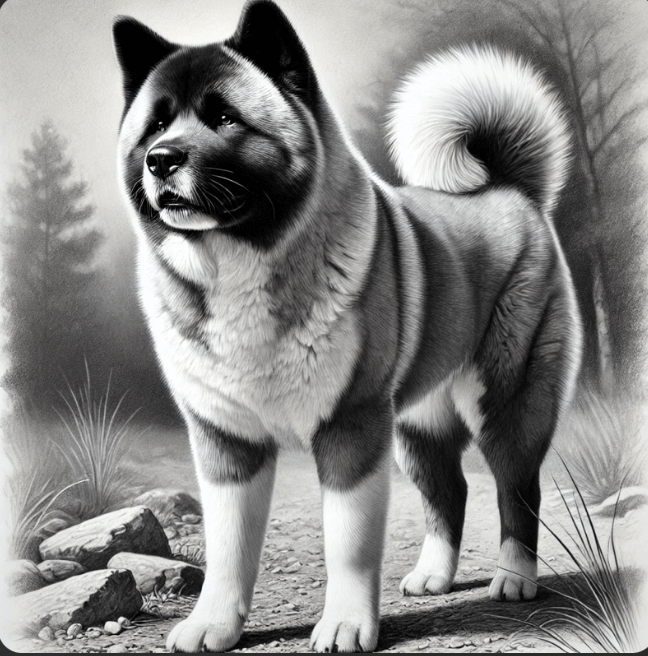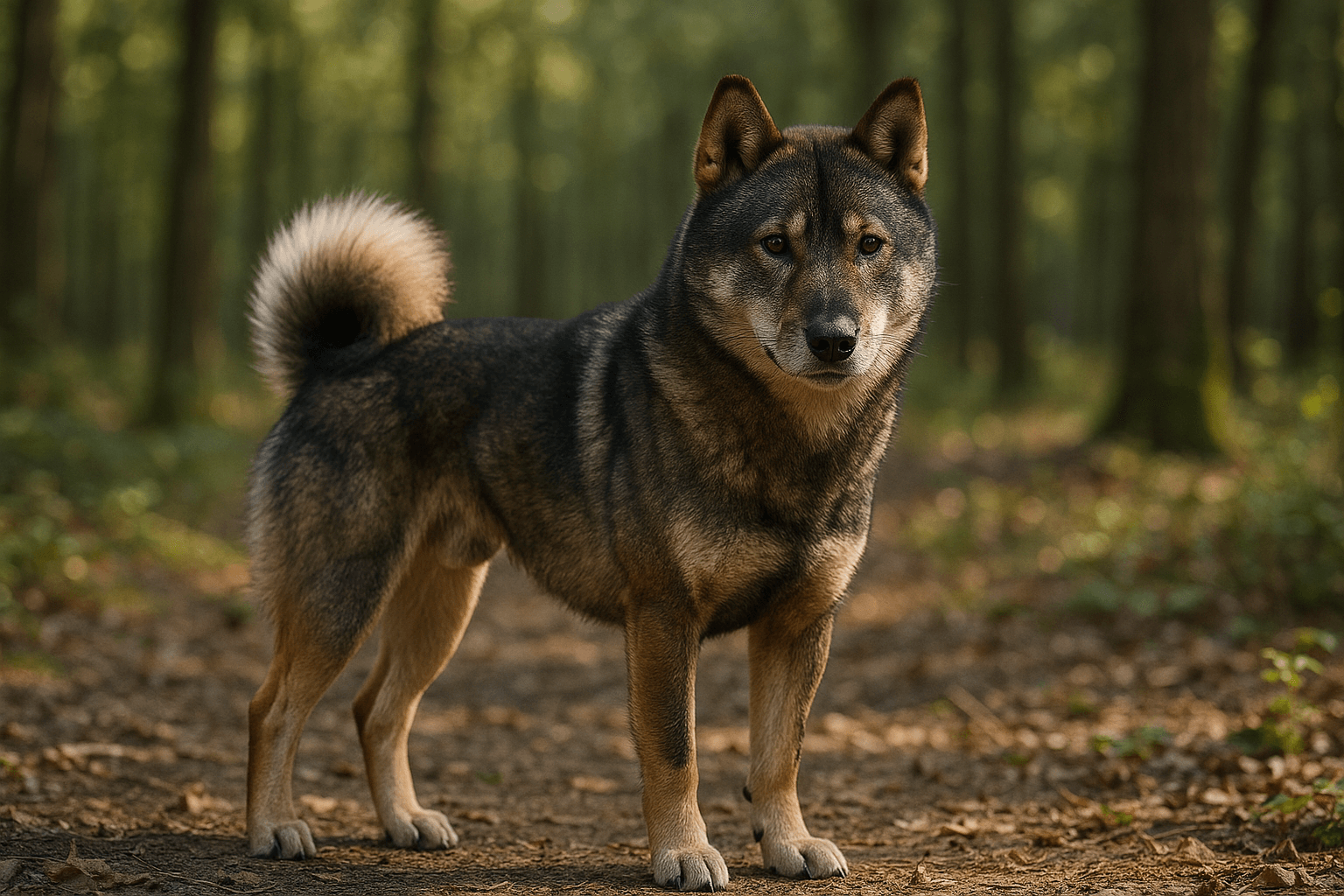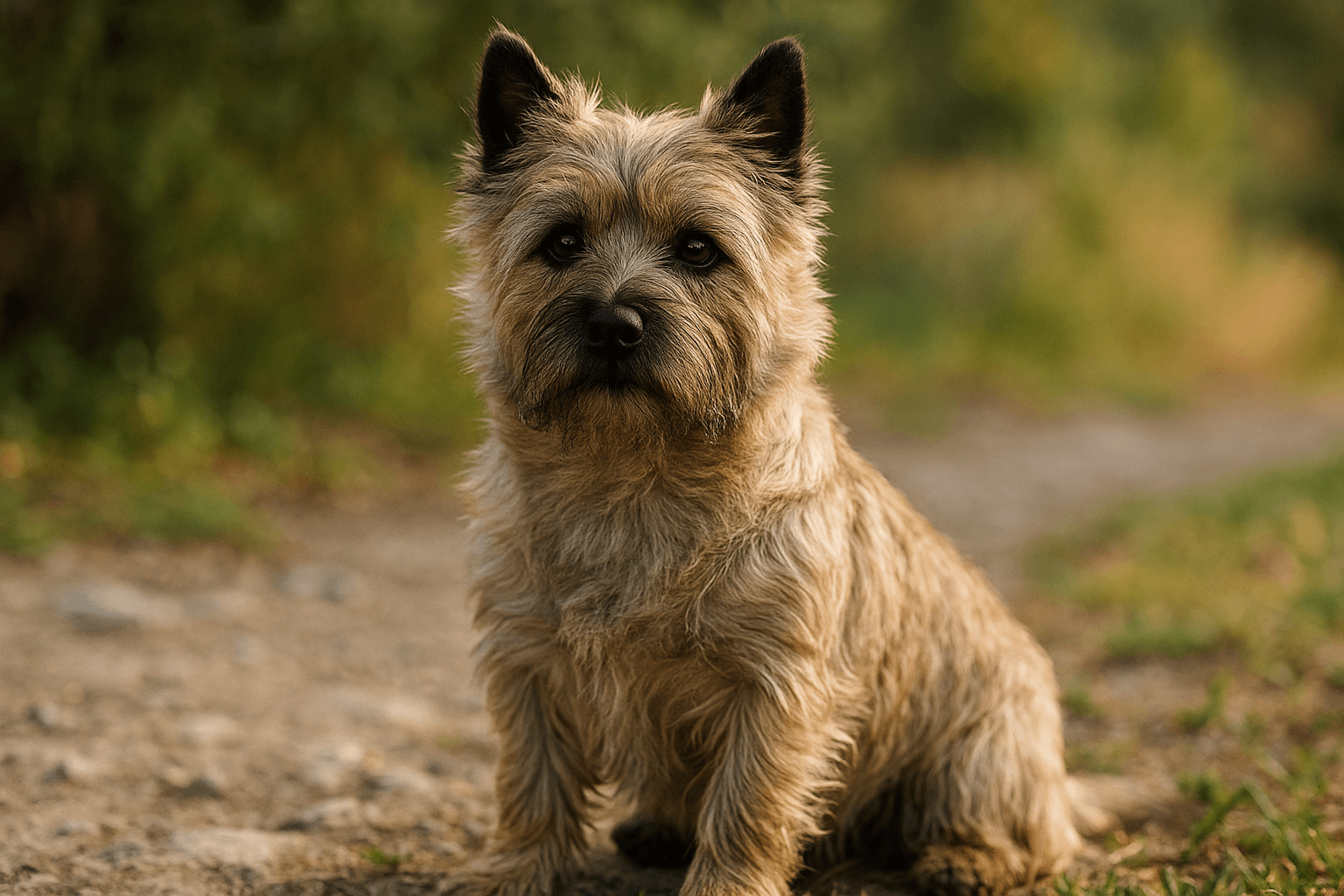Discovering the Majestic Akita Dog: A Loyal Companion Like No Other
In the world of canine companions, few breeds capture the imagination and admiration quite like the Akita dog. With its regal appearance, unwavering loyalty, and rich history rooted in Japanese culture, the Akita stands out as a breed that embodies strength, grace, and devotion. Whether you’re an experienced dog owner or considering bringing one of these magnificent creatures into your home for the first time, learning about the Akita’s unique qualities will deepen your appreciation for this remarkable breed. From their origins as hunting dogs to their modern-day roles as family protectors, the Akita has much to offer those willing to embrace their distinctive personality.
The Unique Characteristics of the Akita Dog
The Akita dog is not just another breed; it possesses a set of traits that make it truly special. Below are some key characteristics that define this majestic canine:
Loyalty Beyond Measure
Known for their fierce loyalty, Akitas form deep bonds with their families and are often referred to as “Velcro dogs” because they love being close to their humans.Independent Thinkers
Unlike some breeds that crave constant direction, Akitas have a strong independent streak, which can sometimes make training challenging but also rewarding.Natural Guardians
Akitas have an innate protective instinct, making them excellent watchdogs who will vigilantly guard their loved ones.Quiet Yet Communicative
While they aren’t overly vocal, Akitas use body language and subtle sounds to communicate their feelings effectively.Adaptability to Cold Climates
Thanks to their thick double coat, Akitas thrive in colder environments, a trait inherited from their origins in snowy northern Japan.
These defining features highlight why the Akita dog continues to be cherished by so many around the globe. Understanding these traits ensures potential owners know what to expect when welcoming an Akita into their lives.
Akita Dog Care Essentials: What Every Owner Should Know
Caring for an Akita requires attention to detail and a commitment to meeting their specific needs. Here’s a breakdown of essential care tips every Akita owner should consider:
Grooming Needs
Regular brushing is crucial to manage shedding and maintain the health of their luxurious coat.Exercise Requirements
Despite their calm demeanor indoors, Akitas need daily exercise to stay physically fit and mentally stimulated.Dietary Considerations
A balanced diet tailored to their size and activity level helps prevent obesity and supports overall well-being.Socialization Training
Early socialization is vital to ensure Akitas interact positively with other pets and people outside their immediate family.Veterinary Check-Ups
Routine vet visits help detect potential health issues early, ensuring your Akita remains happy and healthy throughout their life.
By focusing on these areas, you’ll provide your Akita with the best possible care, fostering a harmonious relationship built on trust and mutual respect.
Check this guide 👉Discovering the Majestic Maremma Dog Breed: Best 7 Tips!
Check this guide 👉Discovering the Majestic Bankhar Dog: Best 7 Expert Tips!
Check this guide 👉Discover the Majestic Tatra Shepherd Dog: Best 7 Tips!

Health Concerns | Preventive Measures |
|---|---|
Hip Dysplasia | Maintain a healthy weight through proper diet and exercise. |
Bloat (Gastric Torsion) | Feed smaller meals more frequently and avoid vigorous activity post-meal. |
Progressive Retinal Atrophy | Schedule regular eye exams with a veterinarian. |
Autoimmune Disorders | Provide a stress-free environment and monitor for unusual symptoms. |
Skin Allergies | Use hypoallergenic grooming products and consult a vet for persistent issues. |
Training Your Akita: Tips for Success
Training an Akita can be both challenging and rewarding due to their intelligent yet stubborn nature. To achieve success, here are some practical tips to keep in mind:
Start Early
Begin training sessions during puppyhood to establish good habits early on.Be Consistent
Consistency is key when working with Akitas, as they respond best to clear rules and routines.Use Positive Reinforcement
Reward-based methods work wonders with Akitas, encouraging desired behaviors without resorting to harsh corrections.Focus on Social Skills
Introduce your Akita to various environments, people, and animals to build confidence and reduce anxiety.Keep Sessions Short
Akitas have short attention spans, so aim for brief but engaging training sessions to maximize effectiveness.
With patience and dedication, you can mold your Akita into a well-behaved companion who brings joy to your household.
Living with an Akita: Challenges and Rewards
While life with an Akita is filled with countless rewards, there are also challenges that come with owning such a unique breed. Below are some insights to help you navigate this journey:
Space Requirements
Akitas thrive in homes with ample space, though they adapt well to apartment living if exercised regularly.Time Commitment
These dogs require significant time investments for grooming, training, and bonding activities.Emotional Sensitivity
Akitas are highly attuned to their owner’s emotions, making them empathetic companions but also prone to separation anxiety.Guardian Instincts
Their protective nature is a blessing but may lead to territorial behavior if not properly managed.Unwavering Loyalty
Few breeds rival the Akita’s devotion, creating a lifelong bond that enriches both human and canine lives.
Understanding these dynamics allows you to appreciate the depth of connection you’ll share with your Akita.
Akita Dog’s Social Behavior: What to Expect
The social behavior of an Akita dog is a fascinating blend of independence and loyalty, shaped by their history as both hunters and guardians. Understanding how they interact with others can help foster positive relationships within your household and community. Here are some key points about their social tendencies:
Reserved with Strangers
Akitas often display aloofness or caution around unfamiliar people, which stems from their protective instincts.Strong Bond with Family
Once they form a connection, Akitas are incredibly devoted, often prioritizing their family’s safety and happiness above all else.Potential for Same-Sex Aggression
Akitas may exhibit territorial behavior toward dogs of the same gender, particularly if not neutered or spayed.Calm Indoors, Active Outdoors
While they tend to be quiet and composed inside the home, Akitas come alive during outdoor activities, showcasing their playful side.Affectionate in Their Own Way
Unlike overtly cuddly breeds, Akitas show love through subtle gestures like leaning against you or following you around.
Their unique social dynamics make Akitas a breed that thrives in environments where boundaries are clear and their need for companionship is met. By respecting their nature, you’ll build a relationship based on mutual trust.
Common Misconceptions About Akitas: Setting the Record Straight
Despite their popularity, Akitas are often misunderstood due to stereotypes and misinformation. Addressing these misconceptions can help potential owners make informed decisions about whether this breed is right for them. Below are some common myths and the truth behind them:
Myth: Akitas Are Aggressive
In reality, Akitas are not inherently aggressive; they simply have strong protective instincts that require proper guidance.Myth: They Don’t Need Much Exercise
While calm indoors, Akitas still require regular physical activity to maintain their health and prevent boredom-related behaviors.Myth: Akitas Can’t Be Trained
Though independent thinkers, Akitas excel in training when consistent, patient, and reward-based methods are used.Myth: They’re Not Good with Kids
When raised alongside children and taught appropriate behavior, Akitas can be gentle and loving playmates.Myth: All Akitas Shed the Same Amount
Shedding varies among individuals, but all Akitas shed heavily twice a year during seasonal coat changes.
By dispelling these myths, we gain a clearer picture of what it truly means to live with an Akita—a breed full of surprises and hidden depths.
Fun Facts About the Akita Dog: Did You Know?
The Akita dog has a rich cultural heritage and several intriguing traits that set it apart from other breeds. These fun facts highlight why Akitas continue to captivate dog enthusiasts worldwide. Take a look at some lesser-known aspects of this remarkable breed:
National Treasure of Japan
The Akita was declared a Natural Monument in Japan in 1931, symbolizing loyalty and courage.Hachiko’s Legacy
The most famous Akita, Hachiko, became a global icon of devotion after faithfully waiting for his deceased owner at a train station for nearly a decade.Unique Tail Curl
An Akita’s tail curls over its back in a distinctive manner, serving as a signature characteristic of the breed.Versatile Working Dog
Historically, Akitas were used for hunting large game like bears, showcasing their strength and endurance.Symbol of Good Health
In Japanese culture, small statues of Akitas are often given as gifts to wish someone a speedy recovery or celebrate milestones.
These fascinating tidbits reveal the depth of the Akita’s legacy and charm. Whether you’re drawn to their history, appearance, or personality, there’s no denying the allure of this extraordinary breed.
Frequently Asked Questions About the Akita Dog
Are Akitas good with children?
Yes, Akitas are generally gentle with children within their family but should always be supervised due to their size and protective instincts.
Do Akitas get along with other pets?
Proper socialization is critical, as Akitas can exhibit dominance toward other animals unless introduced early and positively.
How much exercise does an Akita need?
Daily walks and playtime totaling at least 60 minutes are recommended to meet their energy needs.
What is the lifespan of an Akita?
On average, Akitas live between 10 and 12 years with proper care.
Is the Akita breed hypoallergenic?
No, Akitas shed heavily and are not considered hypoallergenic, requiring frequent grooming to minimize allergens.
Why the Akita Dog Could Be Your Perfect Companion
Bringing an Akita into your life is a decision that comes with immense responsibility—and even greater rewards. Their combination of loyalty, intelligence, and protective instincts makes them ideal for those seeking a devoted four-legged friend. However, understanding the nuances of their personality and care requirements ensures a fulfilling partnership for both you and your Akita. If you’re ready to embark on this incredible journey, prepare to welcome a loyal protector, a steadfast companion, and a true member of your family. The Akita dog isn’t just a pet—it’s a lifelong bond waiting to flourish.
Spleen Cancer in Cats: Best 7 Expert Tips! – Expert insights on symptoms, care, treatment & quality of life for feline spleen cancer.
Dog Mastitis Treatment: Best 7 Expert Tips! – Safe, vet-approved care for nursing moms & prevention strategies.
The Shikoku Ken Dog: Best 7 Expert Tips! – Discover expert care, training & health advice for this rare, loyal Japanese mountain breed.
The Cairn Terrier Dog Breed: Best 7 Expert Tips! – Discover care, training & health advice for this spirited, loyal Scottish terrier.




